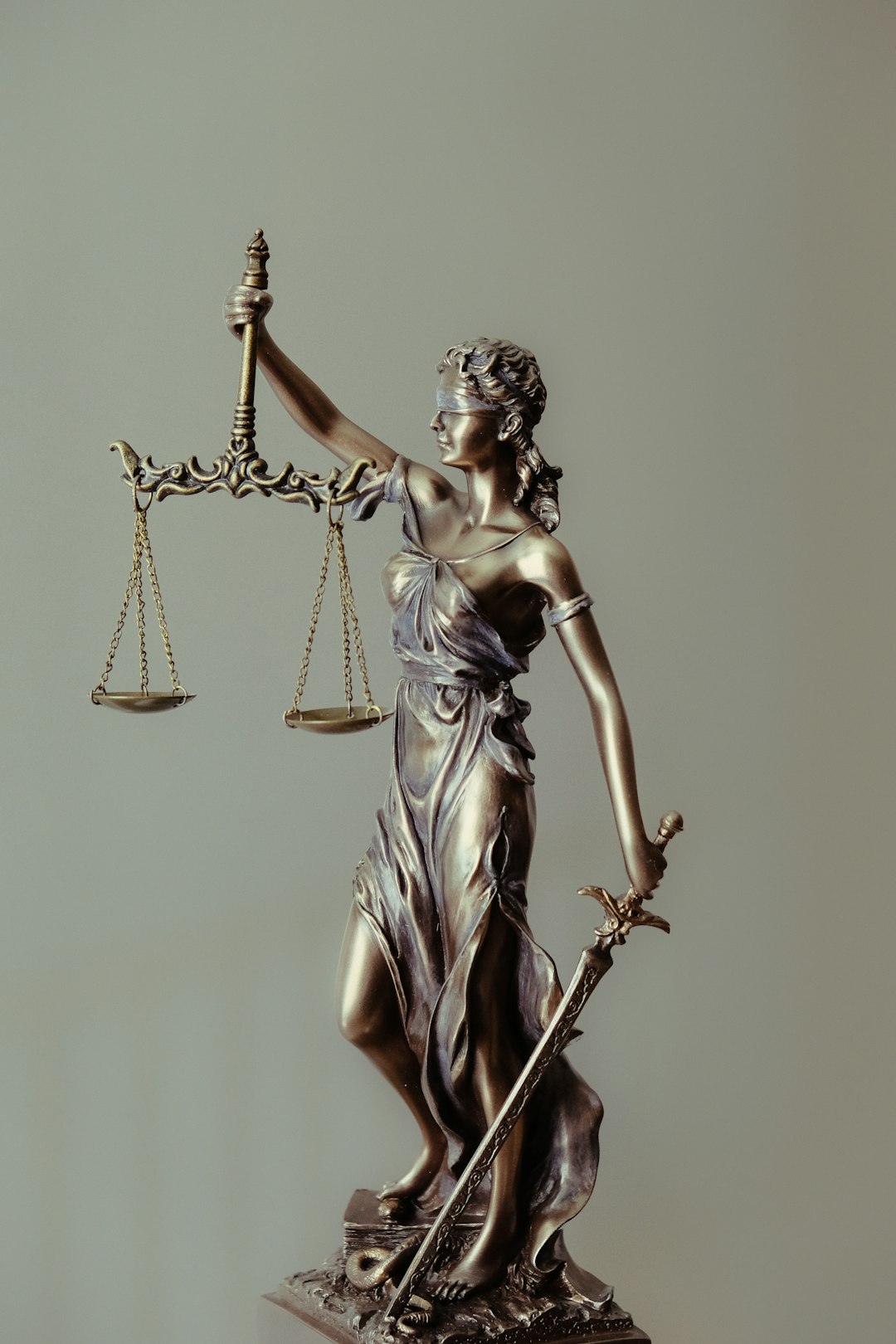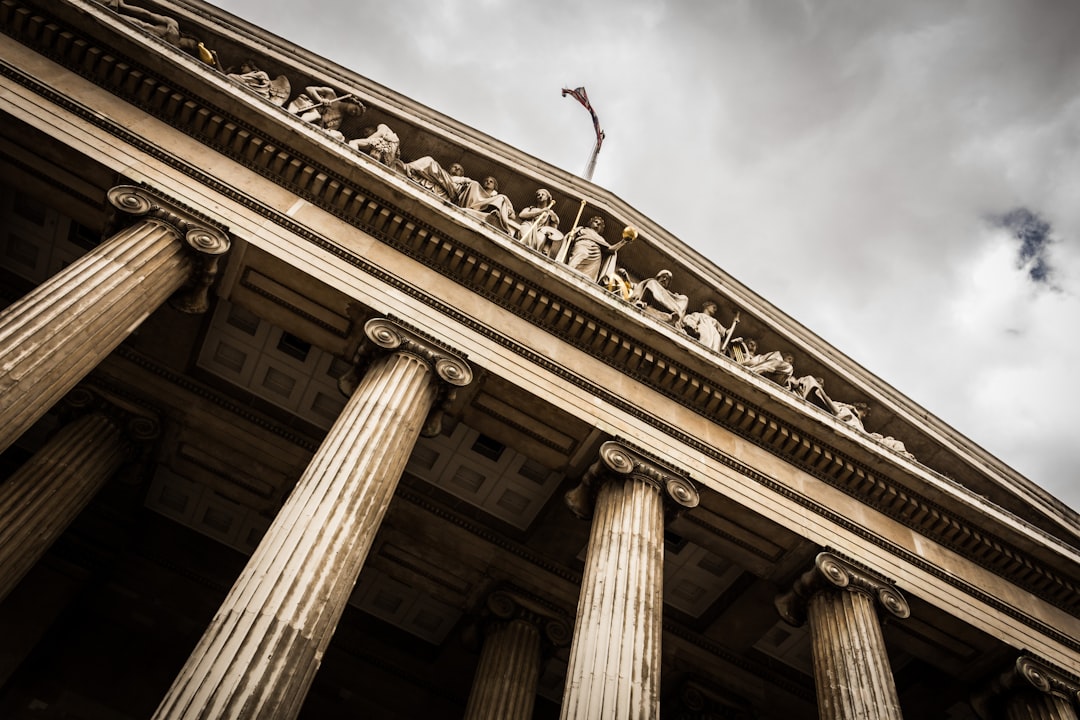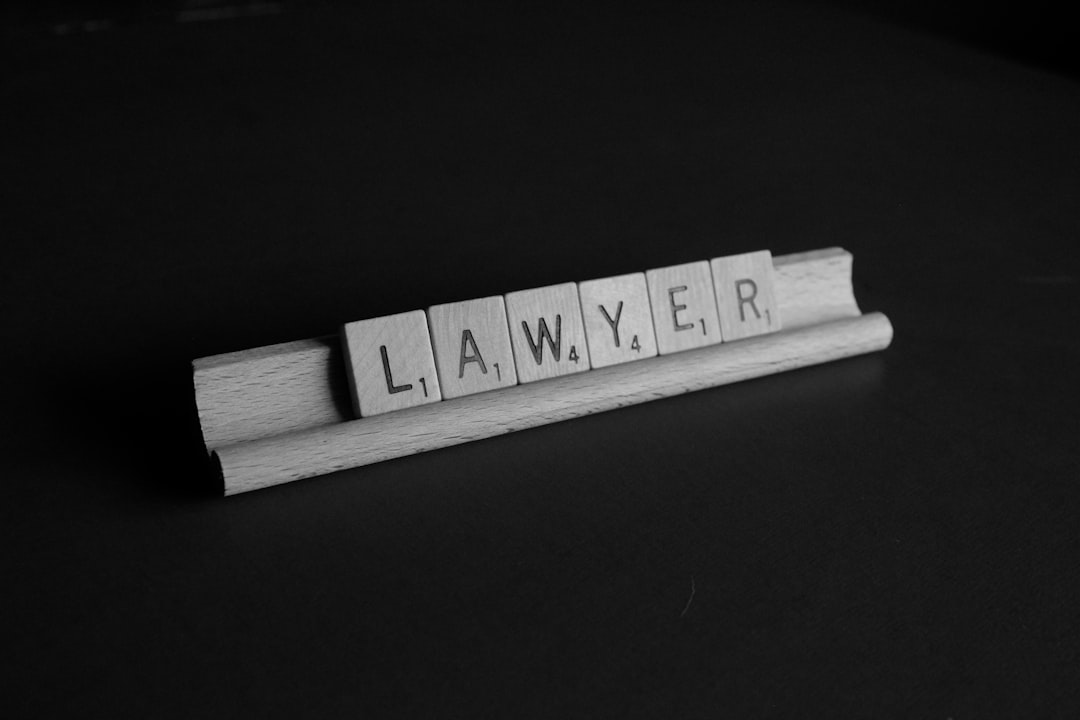Sexual assault is a serious crime in South Carolina with no statute of limitations. Victims in Charleston should report the incident to local law enforcement and seek immediate medical attention. Consulting a reputable rape lawyer or law firm is crucial for legal guidance, support, and representation. Key terms include rape Lawyer South Carolina, rape attorney SC, rape law firms SC, and more. Local organizations like the Charleston Rape Crisis Center offer additional support.
“In Charleston, SC, reporting a sexual assault is a crucial step towards justice and healing. Understanding your legal rights and the steps to take can seem daunting, but it’s essential for survivors to know their options. This comprehensive guide navigates the process, from recognizing your rights and local law enforcement reporting to gathering evidence and consulting specialized rape lawyers in South Carolina. By familiarizing yourself with these resources, you empower yourself or a loved one to seek justice and support.”
Understanding Sexual Assault and Your Legal Rights in South Carolina
Sexual assault is a serious criminal offense that includes any unwanted sexual contact or behavior without consent. In South Carolina, this can range from unlawful touching to completed rape. If you’ve experienced sexual assault in Charleston, SC, understanding your legal rights is crucial. Know that you have the right to refuse any sexual activity and that lack of resistance or verbal consent does not constitute consent.
Seeking help from a rape lawyer South Carolina or a reputable rape law firm South Carolina can provide you with guidance and ensure your rights are protected throughout the legal process. They can offer support, explain your options, and represent you in court to ensure justice is served. Remember, there’s no statute of limitations for sexual assault in SC, so it’s important to take action promptly by contacting a professional rape attorney South Carolina who can assist you every step of the way.
The Steps to Report a Sexual Assault to Local Law Enforcement in Charleston
Reporting a sexual assault is a crucial step toward justice and healing. If you’ve experienced sexual violence in Charleston, SC, it’s important to know that local law enforcement can provide immediate assistance and support. Here’s what you should do:
1. Contact Law Enforcement: Reach out to the Charleston Police Department or your nearest local law enforcement agency by calling 911 if you’re in immediate danger or 843-720-5116 for non-emergency situations. They will guide you through the process and ensure a safe environment for your report.
2. Provide Detailed Information: Offer a clear and accurate account of what happened, including dates, locations, and any relevant details. This helps law enforcement conduct a thorough investigation. It’s also important to mention if there were witnesses or any evidence collected after the assault. Don’t hesitate to seek medical attention as well, as physical exams are crucial for gathering evidence and ensuring your health.
Remember, seeking help from a rape lawyer South Carolina or a reputable rape law firm South Carolina can provide you with legal guidance and support throughout the reporting process and any subsequent legal proceedings.
What to Expect During the Reporting Process and Gathering Evidence
Reporting a sexual assault can be an intimidating process, but knowing what to expect can help guide you. When you contact a rape lawyer South Carolina or a rape attorney South Carolina from a reputable rape law firm South Carolina, they will first listen attentively to your story and provide support. They’ll then walk you through the steps ahead, ensuring your safety and privacy at every turn. This may involve meeting with you in person or over the phone, depending on your comfort level and circumstances.
During this process, it’s crucial to gather evidence as soon as possible. This can include medical records, police reports from any previous incidents, and any personal items that might have been contaminated by the attacker, such as clothing or bedding. While this may seem daunting, a rape attorney South Carolina from a top rape law firm South Carolina will guide you on what is relevant and how to handle it properly. They’ll also help ensure that your rights are protected throughout the entire reporting process.
Legal Options After Reporting: Consulting with a Rape Lawyer in SC
After reporting a sexual assault in Charleston, SC, understanding your legal options is crucial. One important step is consulting with a specialized rape lawyer in South Carolina. These attorneys have extensive knowledge of state laws and local judicial processes related to sexual assault cases. They can guide you through the legal system, ensuring your rights are protected.
A rape attorney or rape law firm in SC can help you navigate various outcomes, including potential criminal charges against the perpetrator and civil lawsuits for damages. They will explain your options, collect evidence, represent you during legal proceedings, and fight for justice and compensation on your behalf.
Support Resources for Survivors of Sexual Assault in Charleston
After experiencing a sexual assault in Charleston, SC, it’s crucial to know that support resources are available for survivors. The first step is to reach out to local organizations dedicated to assisting victims. Organizations like the Charleston Rape Crisis Center offer confidential services, including crisis counseling, legal advocacy, and medical care coordination. They provide a safe space for survivors to share their experiences and connect them with appropriate resources.
Additionally, consulting with a rape lawyer in South Carolina can be immensely beneficial. These legal professionals specialize in rape law and have the expertise to guide survivors through the complexities of the justice system. Reputable rape law firms in South Carolina offer free initial consultations, ensuring that victims can seek legal advice without financial burden. They fight for justice, help navigate criminal proceedings, and advocate for the rights of survivors.





